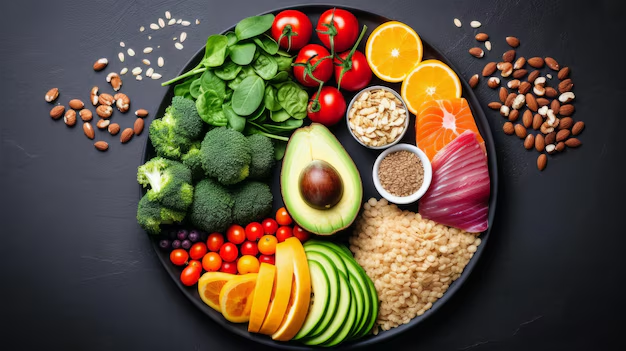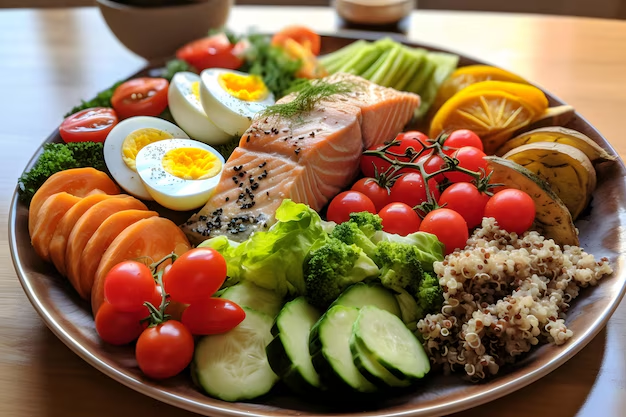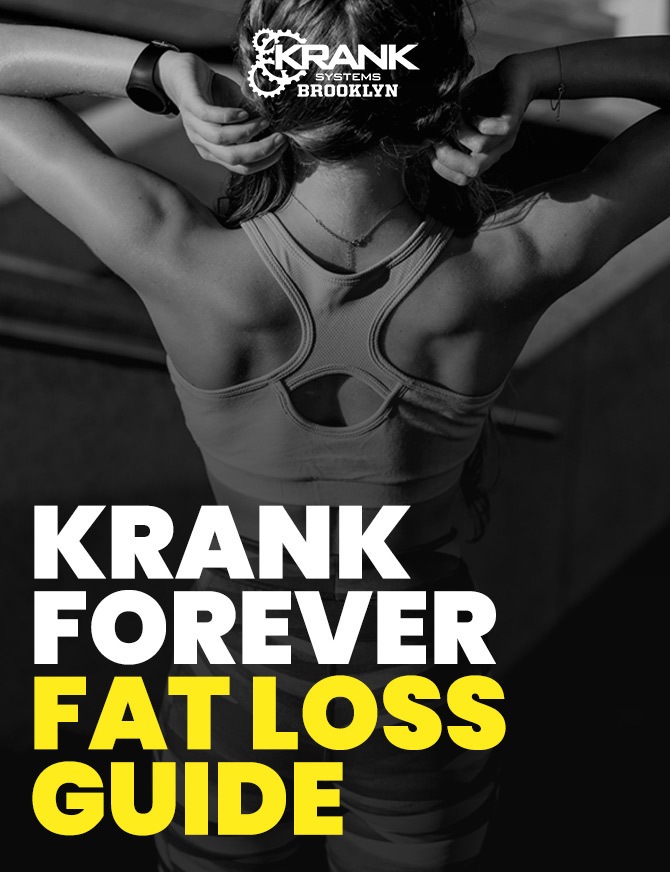Good Nutrition is Key to Feeling Your Best and Reaching Your Personal Goals
But… personal is the keyword. For one person, it might involve adding more vegetables to their meals to lower blood pressure and get nutrients because their blood work says that’s what they need.
For another, it might mean counting their macros precisely for their aesthetic goals. Think critically about your needs and goals rather than comparing yourself to others who might not be in the same situation. For example, the dietary needs of an athlete will be different from someone aiming to lose weight.
Recognizing these differences helps you understand your own nutritional needs better. Let’s dive into what good nutrition looks like in various contexts.

What is Good Nutrition for Health?
Good nutrition for overall health involves a balanced diet that supports bodily functions and hormonal balance. This includes healthy fats, which are crucial for hormone production and brain health.
Consuming a variety of fruits, vegetables, whole grains, and lean proteins helps you feel good and boosts your immune system. For instance, incorporating avocados and nuts into your diet provides healthy fats that support hormone levels.
Staying hydrated and avoiding processed foods are also essential. Good health nutrition helps you feel energetic and reduces the risk of chronic diseases.
What is Good Nutrition for Fat Loss?

Good nutrition for fat loss focuses on creating a calorie deficit while maintaining muscle mass. This means eating fewer calories than you burn, with a diet high in protein and generally lower in fats.
Carbohydrates are important for fueling your training sessions. For example, replacing high-calorie foods with lean proteins like chicken and fish can help you feel full and support muscle maintenance. Including whole grains and potatoes—essentially a moderate amount of carbohydrates—fuels your training sessions without excess calories.
Consistent fat loss is about being in a caloric deficit.
What is Good Nutrition for Performance?
For performance, good nutrition involves consuming high calories and high carbohydrates to support energy and recovery. Carbohydrates fuel your muscles, allowing you to perform at your best—just like your car needs gas to run.

A diet rich in carbs and proteins helps with muscle repair and sustained energy levels. For instance, an athlete might need pasta, rice, and lean meats to ensure they have enough energy for intense training and recovery. Hydration is also key to maintaining performance and preventing fatigue.
What is Good Nutrition for You Specifically?
Good nutrition for you specifically depends on your current health status, goals, and lifestyle. It requires a personalized approach.
For example, if you’re new to exercise, you might need a little more protein than you’re currently eating to support muscle growth, while an experienced athlete might focus on carbohydrate intake for endurance.
Consulting with your coach can help tailor a plan to your specific needs, ensuring you get the right nutrients at the right time, appropriate for your level of understanding of nutrition.

An objective point of view is crucial, which is why having a coach is beneficial. They provide guidance and help you see what’s actually happening with your diet. Sometimes, what we want isn’t what we need, and open, honest communication with your coach can help you find the right course of action for your current training or health journey.
Be sure to schedule your 4-6 week check-ins with your coach [HERE].





